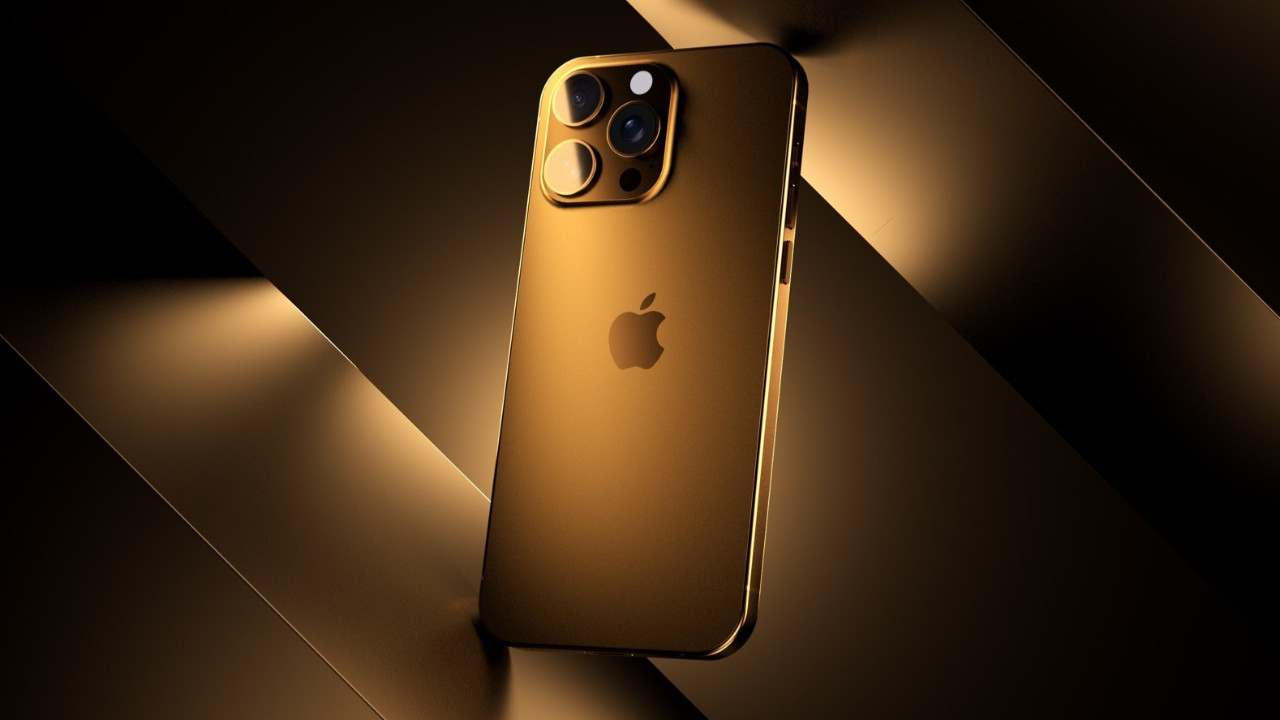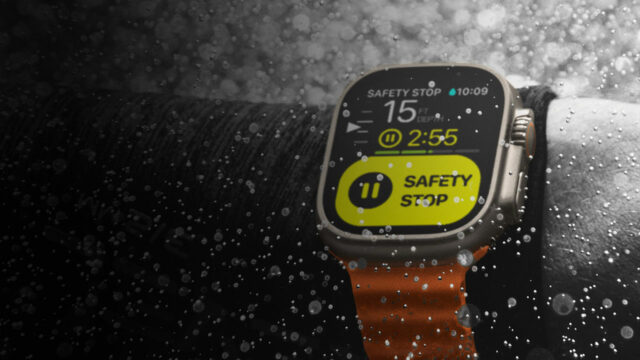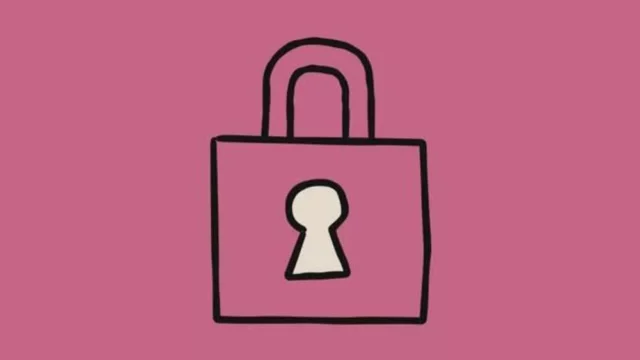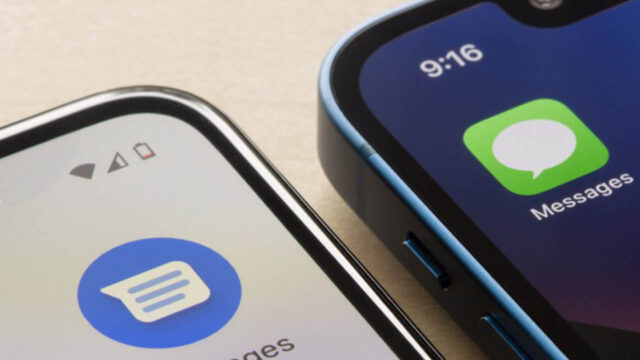Before the eagerly anticipated iPhone 16 series is even released, cybercriminals have already sprung into action. Scammers are taking advantage of the iPhone 16 launch to target consumers with fake pre-orders and misleading offers. Kaspersky experts have shared how this new iPhone scam works and how users can fall victim to it.
Scammers Have Already Started Targeting the iPhone 16 Series!
The official introduction of the iPhone 16 will take place at today’s “Glowtime” event. This event is considered one of the biggest technology events of the year and is eagerly awaited by a large global audience. However, cybercriminals are seizing this excitement to deceive consumers with fake websites and enticing offers.

One of the fraudulent methods uncovered by researchers involves fake sites claiming you can pre-order the new iPhone 16 at discounts of up to 40%. Victims are directed to convincing-looking fake websites and are lured with promises of being “one of the first to order.”
Users who wish to place an order enter their payment details, only to find that no device is delivered and no order confirmation is received after payment is made. This method not only leads to financial loss but also results in the theft of personal information by malicious actors.
Another tactic used by scammers involves fake technical support services. Users are offered fake support services to update their iPhones or locate lost devices. These scams direct users to a fake Apple ID login page, risking the theft of their personal details and potentially gaining full access to their devices. Once your Apple ID is stolen, scammers can access your iCloud account, photos, and personal information.
Kaspersky Security Expert Olga Svistunova emphasizes that such scams increase, especially during new device launches, and warns consumers to be cautious: “Cybercriminals are quick to exploit the excitement generated by new technology products like the iPhone 16. Consumers should follow official channels when shopping and be skeptical of offers that seem too good to be true.”
Experts recommend the following steps to avoid falling victim to similar scams:
- Shop from Official Retailers: Purchase the iPhone 16 only from Apple’s official website or authorized retailers. Be wary of enticing offers and promotional emails from unfamiliar sites.
- Approach Offers with Skepticism: Be aware that offers that seem too good to be true, such as 40% discounts, are likely scams.
- Check URLs and Email Addresses: Scammers may use fake websites and emails to deceive users. Ensure that the URL starts with “https://” and matches the official Apple domain.
- Do Not Share Personal Information: Never share sensitive information like your Apple ID password. Apple will not ask for such details via email.
- Use Two-Factor Authentication: Enable two-factor authentication for accounts linked to your payment methods to provide extra security.














